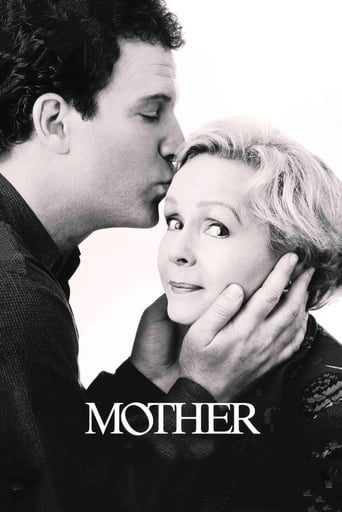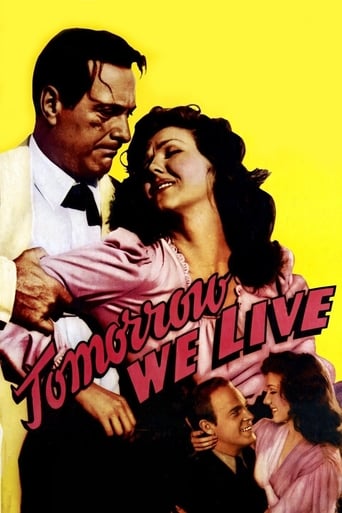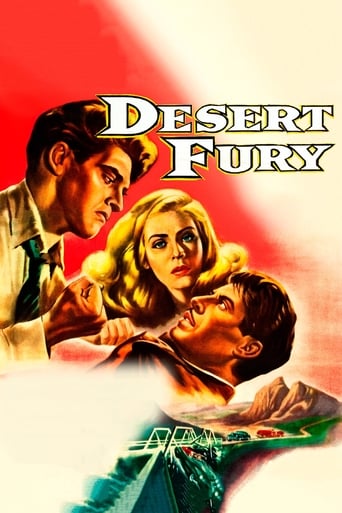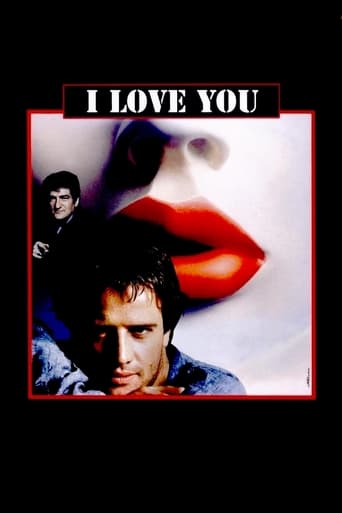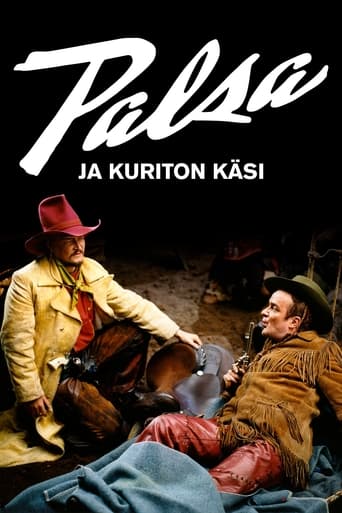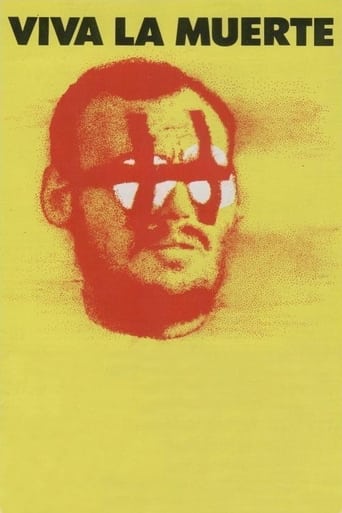
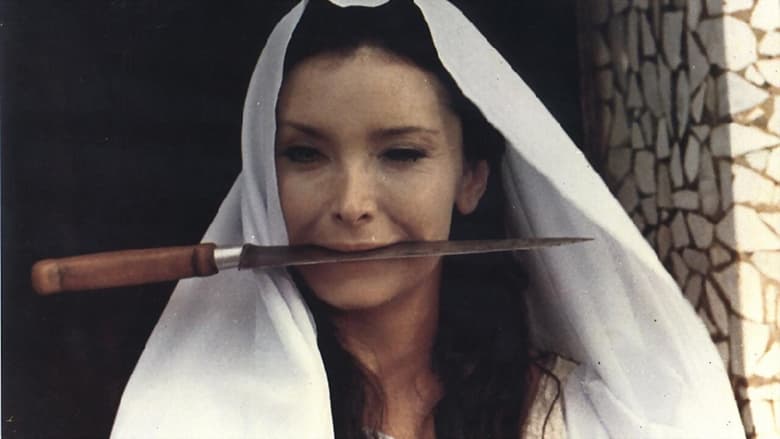
Long Live Death (1971)
At the end of the Spanish civil war, Fando, a boy of about ten, tries to make sense of war and his father's arrest. His mother is religious, sympathetic to the Fascists; his father is accused of being a Red. Fando discovers that his mother may have aided in his father's arrest. Sometimes we witness Fando imagining explanations for what's going on; sometimes we see him at play, alone or with his friend Thérèse. Oedipal fantasies and a lad's natural curiosity about sex and death mix with his search for his mother's nature and his father's fate. Will Fando survive the search?
Watch Trailer
Cast


Similar titles
Reviews
I wanted to but couldn't!
Absolutely Fantastic
This is a coming of age storyline that you've seen in one form or another for decades. It takes a truly unique voice to make yet another one worth watching.
One of the worst ways to make a cult movie is to set out to make a cult movie.
Viva La Muerte does what it says - Celebrates the idiot class (most humans) and their obsession with death. It shows how far we will go to show our egos, believe in our lies, propagate our savagery. This film shows that despite our belief in sophistication and civility, we are a barbaric species from A-Z. I've read the other reviews on this film and am glad some people found meaning in this portrayal of the lies we perpetuate on ourselves. I believe Arrabel should have been more severe in his depictions of love, lies, hate, nationalism and other bullshit human values. One review said it was a waste of film. I'll tell you what is a waste of film: things like American Beauty, Porky's, Heat, Top Gun, those inane baseball films, and generally most early black and white films. What a load of crap those films are!! Full of snivelling humans crapping on about nothing. Pathetic wastes of time for a pathetic race. Viva La Muerte!!
This film begins with a long credit sequence where a strangely catchy nonsense song sung by French schoolchildren is played over Boschian illustrations (by "Fantastic Planet's" Roland Topor) of torture and sadomasochism. And the film never lets up after that. This is the first film of Fernando Arrabal, a Spanish friend and collaborator of the more famous (and more notorious)Chilean director Alejandro Jodorowsky. (Arrabal wrote the play on which Jodorowsky's first film "Fando y Lis" was loosely based). Although they would probably both be loath to admit it, both men owe an obvious debt to fellow countryman Luis Bunuel. But while Jodorowsky's films resemble the early, very surrealistic films Bunuel made with Salvador Dali (albeit with a lot of trendy 60's era Eastern mysticism thrown in), this film is more of an uncensored version of the films like "Los Oividados" that Bunuel made in Mexico in the 1950's which combine surrealism with neorealist social commentary.This film is much more autobiographical than anything Bunuel or Jodorowsky ever did. It tells the story of a young boy, Fando (no doubt based on Arrabal himself), whose Republican father has been arrested by the Fascists in the dark days after the Spanish Civil War where people who supported the other side were rounded up and executed even if it meant "killing half the country". Much of the movie is based on the boy's memories of his father and bizarre surrealistic images he imagines of the fate that might have befallen him (including being buried up to his neck in the sand while Arabesque figures on horseback use his head to play polo, or being sewn alive into a cow's carcass). As in "Los Olvidados" the boy has a strange Oedipal love/hate relationship with his treacherous young mother who he finds out betrayed his father to the soldiers. He also has an "aunt" who seems to suffer from a bizarre combination of religious mania and nymphomania (Arrabal gives the Catholic Church all the credit it so richly deserves in the tragedy that befell Spain).This movie is quite political. The title is based on a real quote by a fascist general: "Down with intelligence, long live death!" (a sentiment that by the 1970's was making its way across the Atlantic to Pinochet's Chile and the military government in Argentina). Ironically, this film which is a scathing indictment of human cruelty, has often drawn charges of animal cruelty. One act of "animal cruelty" involves a disgusting bug (good riddance). I would hope a scene where a lizard gets its head bitten of was faked (as much for the sake of the young actor as the lizard). The footage of a bull being butchered and castrated is definitely real, but animal rightists should be glad if anything since this occurs thousands of times a day and this scene shows how truly disgusting it is. Besides this is not an Italian cannibal film with a tacked-on political message to justify its animal slaughter--this scene will really hit home with the kind of people who have no stomach for animal suffering but think nothing of their government creating or permitting massive human suffering for the sake of high-minded political ideals. This is truly a brave, powerful, and memorable film.
Contains spoiler Finally, the most celebrated film of playwright / filmmaker Fernando Arrabal has come to DVD! Arrabal's works have inspired many other great filmmakers, especially his protege, Alejandro Jodorowsky, who made a semi-sequel to Viva La Muerte called Fando & Lis.Viva La Muerte (Long Live Death) is set in 1930's Spain (Arrabal had to flee to France to avoid arrest) just after Franco's fascists won the Spanish Civil War. 11-year-old Fando lives with his mother in a small village. His father is a heroic communist revolutionary who was arrested and executed by the fascists.Fando's life changes forever when he learns that his father was turned in to the authorities by his fanatically religious mother who despises communists. What's more, his father may still be alive and imprisoned, despite his mother's insistence that her husband is dead. Fando sets out to find the truth.The movie opens with a montage of violent images that appear to have been drawn by a child. During this opening credit sequence, a cute French song plays that is sung by children. The DVD producer elected not to subtitle this song in English - a bad decision, because the song sets the tone for the whole movie, and parts of it are replayed throughout the film.Basically, this is a surrealist allegory equating organized religion with fascism, both of which the filmmaker finds perverse. Indeed, organized Christianity is inherently fascist in nature, especially Catholicism, which is Fando's mother's religion. The Catholic Church preaches a doctrine of blind obedience to the clergy, and it has conducted its own genocidal holocausts - the Crusades and the Inquisitions.Viva La Muerte mixes straightforward narrative with color-tinted surreal dream sequences, although there are a lot of surreal images throughout the entire film. Many of these images are quite shocking, and resulted in the movie being banned in several countries and heavily censored in others. This DVD features the complete, uncut version of the film.Fando's mother - who symbolizes organized religion - dotes on her son and thinks of herself as a saint for suffering through a marriage to a godless communist. She believes that she did the right thing by turning in her husband. But it's obvious that she has incestuous desires for her son and may have betrayed her husband out of sick jealousy - in flashbacks, we see that Fando's father was a good man who had a close relationship with Fando.In one truly disturbing scene, Fando's mother strips topless and orders him to flog her as atonement for sin. At first, Fando can't bring himself to hurt his mother, but when she insists, he beats her, and her reaction is almost orgasmic. Then, as if subconsciously avenging his father, Fando keeps increasing the intensity of the beating, and won't stop when his mother tells him to. Finally, she grabs his crotch and he shrieks in pain and stops beating her.That's just one of many shocking images in this film. The surreal dream sequences veer from hauntingly beautiful to ugly and disgusting. One sequence finds Fando imagining that his mother is tormenting his father in prison. She laughs at him, spits on him, then tops it off by defecating on him.I could go on forever describing the images in this film, their symbolism, and allegorical meaning, but that would take away from your viewing enjoyment. Ultimately, this is a film about searching for truth in a world of lies. It's also about how tyranny lurks everywhere - in government, in religion, and even in a mother's love. And, like the saying goes, the truth will set you free
For the reputation it has, Viva La Muerte is a terrific disappointment and a muddled mess that really does not in any way expose the horrors of Franco's Spain but rather exposes Arrabal's juvenile and pretentious preoccupation with perversity and cruelty. The story goes absolutely nowhere, and the characters have all the depth of cardboard. Even fellow "panic" artist Alejandro Jodorowsky (whose first release "Fando Y Lis" is based on an Arrabal play) had a notion of plot and was able to breathe life into the most bizarre characters and shocking situations. For my part I consider this a waste of perfectly good film stock.




